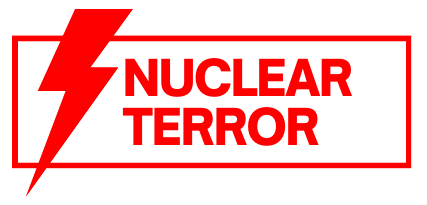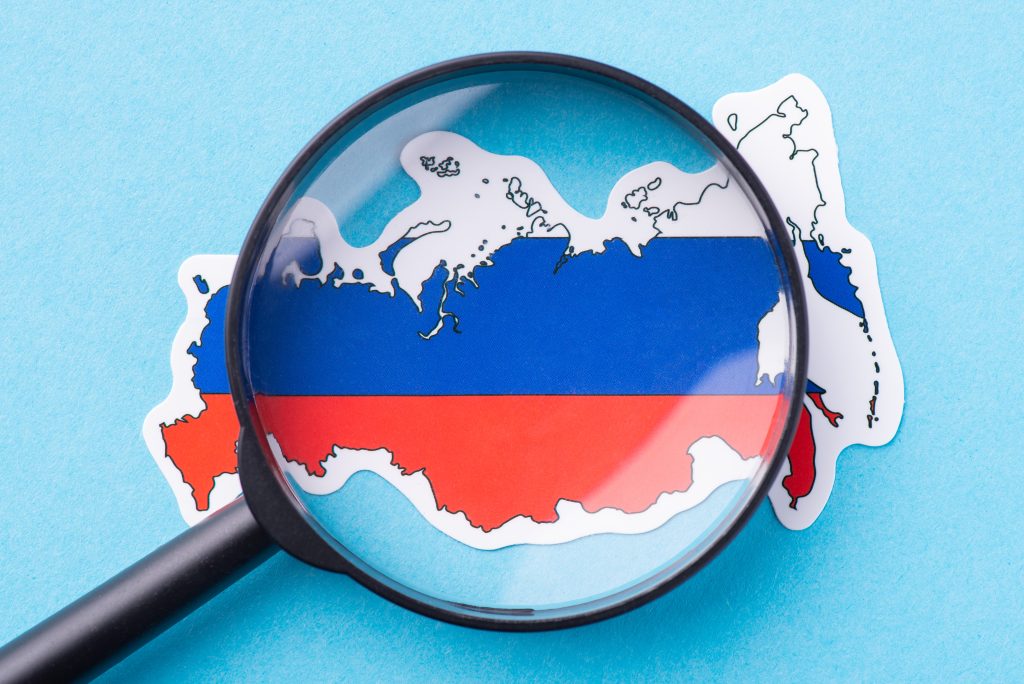Curious about Russia’s involvement in the Nuclear Non-Proliferation Treaty (NPT)? Wonder no more. As you delve into the complex world of international nonproliferation efforts, one question arises: is Russia part of the NPT? This article will explore the intricacies of Russia’s position within the treaty and shed light on recent events and actions that have sparked debates about its commitment to nonproliferation goals. From its role as a recognized nuclear-weapon state to its engagement in civil nuclear cooperation, Russia’s actions and positions will be examined to provide a comprehensive understanding of its role in the NPT and the broader global nonproliferation efforts. So, let’s dig in and uncover the truth behind Russia’s involvement in the NPT.
Russia’s Position on NPT
Russia’s position on the NPT is characterized by a lack of interest in strengthening the regime and a prioritization of other goals over nonproliferation efforts. From Russia’s perspective, the NPT and the Treaty on the Prohibition of Nuclear Weapons (TPNW) do not align with their national interests and security concerns. Russia’s nonproliferation record has been marked by a deterioration of cooperation with the United States since the annexation of Crimea in 2014. This lack of interest is evident in Russia’s passive and unimaginative role in meetings of the five NPT nuclear weapon states, as well as its criticism of international organizations responsible for nonproliferation.
Furthermore, Russia’s international influence plays a role in shaping its position on the NPT. Moscow prioritizes supporting friendly states and promoting its commercial interests, which often take precedence over nonproliferation efforts. Russia’s aggressive marketing of nuclear reactors and related services worldwide showcases its focus on expanding its nuclear industry rather than strengthening the nonproliferation regime.
Impact of Russian Obstructionism
The impact of Russian obstructionism on the NPT is far-reaching and raises significant concerns about the effectiveness of the nonproliferation regime. Despite the obstructionism, the support from other NPT States Parties demonstrates the essential role of the NPT in preventing nuclear proliferation. In fact, all remaining States Parties supported the final document, affirming the need for action on arms control and proliferation crises, and emphasizing the importance of expanded access to peaceful nuclear energy, science, and technologies.
To illustrate the impact of Russian obstructionism, a table can be used:
| Impact of Russian Obstructionism on the NPT |
|---|
| Raises concerns about the effectiveness of the nonproliferation regime |
| Undermines international consensus |
| Hinders efforts to address challenges, such as the radiological risk at the Zaporizhzhia Nuclear Power Plant in Ukraine |
| Contradicts the support from other NPT States Parties |
| Highlights the need for the US and others to urge Russia to end military activity near ZNPP |
The NPT’s importance as the fundamental cornerstone of the nuclear nonproliferation regime cannot be overstated. It plays a crucial role in preventing nuclear proliferation, averting the danger of nuclear war, and supporting nuclear disarmament and peaceful uses of nuclear energy. The NPT is recognized as an essential pillar of the international rules-based order.
While Russia has various roles in nonproliferation, including being a NPT depositary government and a member of the IAEA board, its obstructionist actions and lack of interest in strengthening the NPT raise concerns about its nonproliferation role. However, it is important to note that civil nuclear cooperation with Russia still holds importance, as it involves nonproliferation commitments required by law and consultations between the United States and Russia on conditions of nuclear supply.
Support From Other NPT States Parties
Other NPT States Parties demonstrated their strong support for the nonproliferation regime by unanimously endorsing the final document at the Tenth Review Conference. This NPT consensus highlights the essential role of the treaty in preventing nuclear proliferation and promoting global peace and security. The support from other States Parties emphasized the importance of preventing the spread of nuclear weapons while promoting the peaceful use of nuclear energy, science, and technologies.
Of particular note was the recognition of the states in the global south, highlighting their importance in strengthening the regime. The endorsement of the final document affirmed the need for action on arms control and proliferation crises, emphasizing the collective commitment to address challenges like the radiological risk at the Zaporizhzhia Nuclear Power Plant in Ukraine.
The unanimous support from other NPT States Parties underscores the remarkable achievement in a challenging international political and security environment. It reinforces the NPT as the fundamental cornerstone of the nuclear nonproliferation regime and recognizes its essential role in advancing nuclear disarmament and peaceful uses of nuclear energy. The support from these parties further solidifies the NPT as an essential pillar of the international rules-based order.
Importance of the NPT in Nonproliferation
The Nuclear Nonproliferation Treaty (NPT) plays a crucial role in preventing the spread of nuclear weapons and ensuring global peace and security. Here are three key reasons why the NPT is important in nonproliferation:
- NPT Effectiveness: The NPT has been effective in reducing the number of nuclear-armed states. By creating a framework for disarmament and nonproliferation, the treaty has encouraged countries to forgo the pursuit of nuclear weapons. As of now, there are only nine nuclear-armed states, compared to the much higher number that could have emerged without the NPT.
- Nuclear Disarmament: The NPT has been instrumental in promoting nuclear disarmament. It requires nuclear-armed states to work towards complete disarmament, leading to a reduction in global nuclear stockpiles. Although progress has been slow, the NPT provides a platform for dialogue and negotiation towards this important goal.
- Peaceful Nuclear Energy: The NPT also supports the development of peaceful nuclear energy programs. It recognizes the right of states to access and develop nuclear technology for peaceful purposes, such as generating electricity or conducting scientific research. This provision helps countries meet their energy needs while preventing the diversion of nuclear materials for weapons purposes.
Russia’s Role in Nonproliferation Efforts
Given Russia’s significant role in nonproliferation efforts, it is crucial to examine its actions and contributions in preventing the spread of nuclear weapons. Russia’s contributions to nonproliferation have been mixed, with both positive and concerning aspects. On one hand, Russia has been a NPT depositary government and a member of the IAEA board, indicating its participation in international efforts to prevent nuclear proliferation. However, Russia’s prioritization of other goals, such as supporting friendly states and promoting commercial interests, has sometimes overshadowed its commitment to nonproliferation. The deterioration of cooperation between the United States and Russia on nonproliferation since the annexation of Crimea in 2014 has further raised concerns. Russia’s lack of interest in strengthening the NPT and its passive role in meetings of the five NPT nuclear weapon states have undermined traditional nuclear-weapon-state solidarity. Additionally, Russia’s criticism of international organizations responsible for nonproliferation has further complicated the situation.
Despite these concerns, Russia has shown cooperation in certain areas. For instance, it has aggressively marketed nuclear reactors and related services worldwide, while also accepting nonproliferation conditions and assurances required of cooperation partners. Russia’s willingness to take back plutonium-bearing spent fuel and its acceptance of acquisition of enrichment and reprocessing capabilities demonstrate its commitment to preventing the misuse of nuclear technology. However, doubts remain about Russia’s resolve and financial resources to effectively secure its nuclear materials and facilities, especially after the termination of bilateral nuclear security cooperation with the United States.
In terms of regional proliferation challenges, Russia has played a positive role in negotiations with Iran, helping to secure Iran’s agreement to ship enriched uranium to Russia. However, its role in addressing the North Korean issue has been secondary to China. Russia’s defense of Syria from condemnation and IAEA scrutiny has also raised concerns. Additionally, Russia has not made significant efforts to promote strategic restraint by India or Pakistan.
In the realm of controlling exports of sensitive equipment and technology, Russia’s export control system has shown improvement, albeit with uneven enforcement. While Russia has played a constructive role in the Nuclear Suppliers Group, its role in the Missile Technology Control Regime has been problematic. It has also criticized the state-level concept in IAEA safeguards.
In summary, Russia’s role in nonproliferation efforts is complex. While it has made some contributions, there are also significant concerns about its actions and priorities. Cooperation with the IAEA and efforts to prevent the abuse of nuclear technology are positive aspects, but Russia’s lack of interest in strengthening the NPT and its criticisms of international organizations raise doubts about its commitment. Clearer and more consistent actions from Russia are necessary to address nonproliferation concerns effectively and ensure the relevance of the NPT in preventing the spread of nuclear weapons.
| Positive Contributions | Concerns |
|---|---|
| NPT depositary government | Prioritization of other goals |
| Member of IAEA board | Deterioration of cooperation with the US |
| Aggressive marketing of nuclear reactors | Lack of interest in strengthening the NPT |
| Willingness to take back spent fuel | Passive role in meetings of NPT nuclear weapon states |
| Acceptance of nonproliferation conditions | Criticism of international organizations |
| and assurances | |
| Cooperation with IAEA | |
| on preventing abuse of NPT’s withdrawal provision |
Civil Nuclear Cooperation With Russia
Russia’s civil nuclear cooperation efforts have been a subject of discussion and analysis in the context of nonproliferation efforts. In examining this issue, it is important to consider three key aspects:
- Russia’s exports: Russia has aggressively marketed its nuclear reactors and related services worldwide. This raises concerns about the potential spread of sensitive technologies and materials, as well as the need to ensure that nonproliferation conditions and assurances are upheld by cooperation partners.
- Nonproliferation commitments: Russia’s civil nuclear cooperation is subject to nonproliferation commitments required by law. These commitments include consultations between the United States and Russia on the conditions of nuclear supply. It is crucial to monitor and enforce these commitments to prevent the misuse of fuel-cycle facilities for nuclear weapons purposes.
- Nuclear materials security: Cooperative threat reduction and nuclear materials security have been areas of U.S.-Russian cooperation in the past. However, there are doubts about Russia’s resolve and financial resources to effectively secure its nuclear materials and facilities. Close attention must be paid to ensure that comprehensive measures are in place to prevent the proliferation of nuclear materials.
Regional and Global Challenges in Nonproliferation
Considering the challenges posed by Russia’s civil nuclear cooperation efforts, it is crucial to address the regional and global challenges in nonproliferation. One of the key challenges is ensuring nuclear security in the region. Russia’s large nuclear arsenal, consisting of 5,889 nuclear weapons, raises concerns about the safety and security of these weapons. This is particularly important in light of Russia’s role in regional proliferation challenges, such as its defense of Syria from condemnation and scrutiny by the International Atomic Energy Agency (IAEA).
Another challenge is controlling the export of sensitive equipment and technology. While Russia has made improvements in its export control system, enforcement remains uneven. Russia’s response to requests from the United States to stop troublesome transactions varies, highlighting the need for stronger export control mechanisms.
Furthermore, Russia’s criticism of the Treaty on the Prohibition of Nuclear Weapons (TPNW) is a significant challenge. Russia consistently votes against UN General Assembly resolutions welcoming the TPNW and calls on states to reflect on its implications for international peace and security. Russia’s refusal to join the TPNW and its assertion that the treaty does not establish universal standards hinder global efforts towards nuclear disarmament.
Addressing these regional and global challenges requires collaborative efforts among states to strengthen nuclear security, improve export control mechanisms, and promote dialogue on disarmament. It is essential to engage with Russia and other relevant stakeholders to ensure effective nonproliferation measures and maintain global peace and security.


